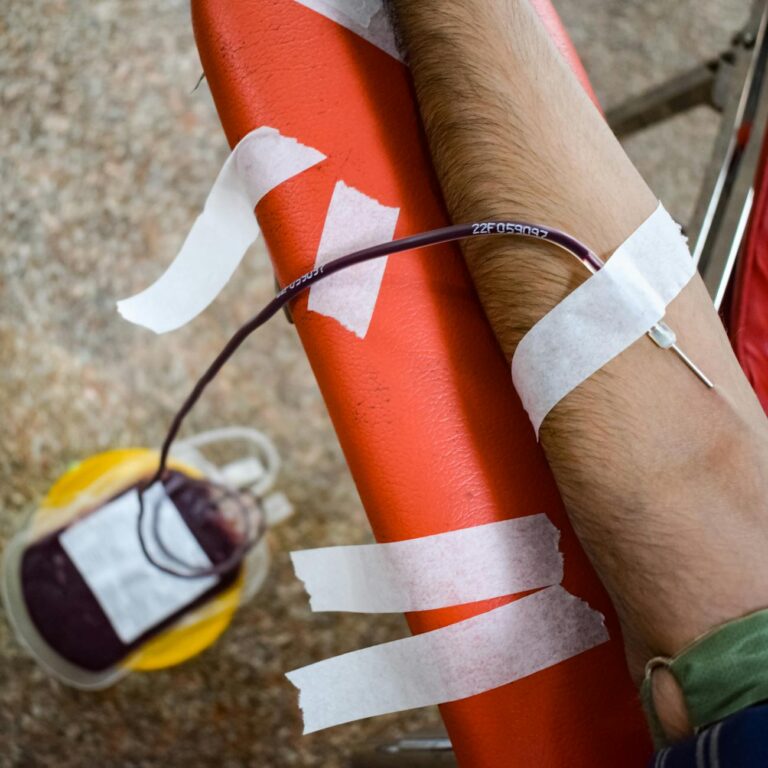In today’s digital age, screens have become an integral part of our daily lives. From smartphones to laptops, we are constantly surrounded by screens. While technology has made our lives easier in many ways, it has also brought with it a new set of challenges. One of the biggest concerns is the overuse of screens and its impact on our mental and physical health.
According to a study by Nielsen, the average American adult spends more than 11 hours a day consuming media. This includes screen time on various devices such as smartphones, TVs, and computers. This excessive screen time has been linked to numerous health issues such as eye strain, headaches, poor sleep quality, and even increased risk of obesity and cardiovascular diseases.
Furthermore, the rise of cybercrimes and data breaches has also become a major concern. In recent years, there have been numerous high-profile data breaches where personal information of millions of individuals was compromised. From financial institutions to social media platforms, no one is immune to these cyber attacks.
So, what can we do to protect ourselves from the negative effects of excessive screen time and potential data breaches? The answer lies in taking breaks from screen time and engaging in activities that require hands-on manipulation.
Taking breaks from screen time not only gives our eyes a much-needed rest but also allows us to engage in other activities that are beneficial for our overall well-being. This could include anything from reading a book, going for a walk, or simply spending quality time with loved ones. Such activities not only give our minds a break from the constant stimulation of screens but also provide opportunities for personal growth and development.
Engaging in activities that require hands-on manipulation, such as cooking, crafting, or playing an instrument, can also have a positive impact on our mental health. These activities allow us to use our hands and be fully present in the moment, which can be therapeutic and stress-relieving. They also provide a sense of accomplishment, boosting our self-esteem and confidence.
Furthermore, limiting our screen time can also reduce our risk of falling victim to cybercrimes and data breaches. The more time we spend online, the more vulnerable we become to these attacks. By taking breaks from screens, we are not only protecting our physical and mental health, but also safeguarding our personal information.
It is important to note that taking breaks from screens does not mean completely disconnecting from technology. It simply means finding a balance and being mindful of our screen usage. We can still stay connected with our loved ones and keep up with current events, but in a more intentional and limited manner.
Here are some tips to help reduce screen time and engage in hands-on activities:
1. Set specific times for screen usage: Instead of mindlessly scrolling through social media throughout the day, set specific times for checking your emails or social media accounts. This will help reduce the amount of time spent on screens and give you more control over your screen usage.
2. Plan offline activities: Make a list of activities that you enjoy doing without screens and make time for them in your daily routine. It could be reading a book, gardening, or playing a board game with your family.
3. Take frequent breaks: If your work requires you to be on screens for long periods, make sure to take frequent breaks. Follow the 20-20-20 rule – every 20 minutes, look away from the screen for 20 seconds at an object 20 feet away. This helps reduce eye strain and fatigue.
4. Use screen time tracking apps: There are several apps available that can help track your screen time and set limits for specific apps or websites. They can also provide insights into your daily screen usage and help you make more informed decisions about your screen habits.
In conclusion, while screens have become an integral part of our lives, it is important to recognize the negative effects of excessive screen time and take steps to reduce it. By taking breaks from screens and engaging in hands-on activities, we can not only protect our mental and physical health but also safeguard ourselves from potential cybercrimes and data breaches. So, let’s strive for a healthier and more balanced relationship with technology.





